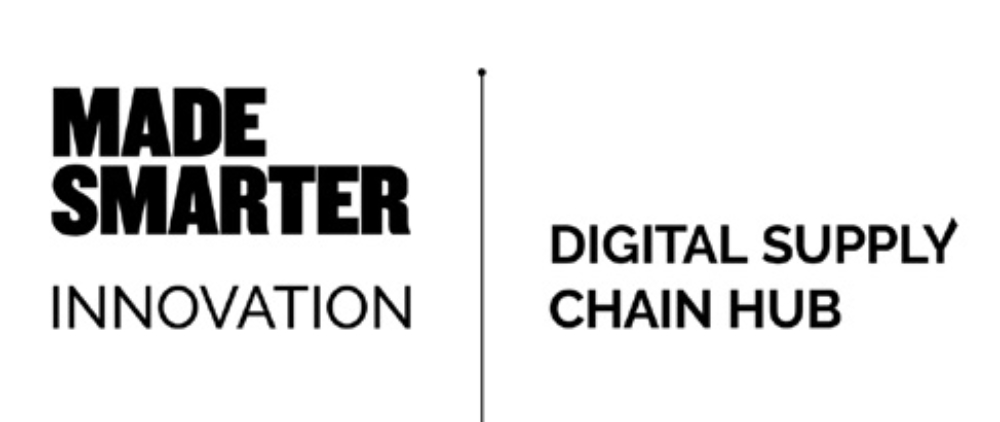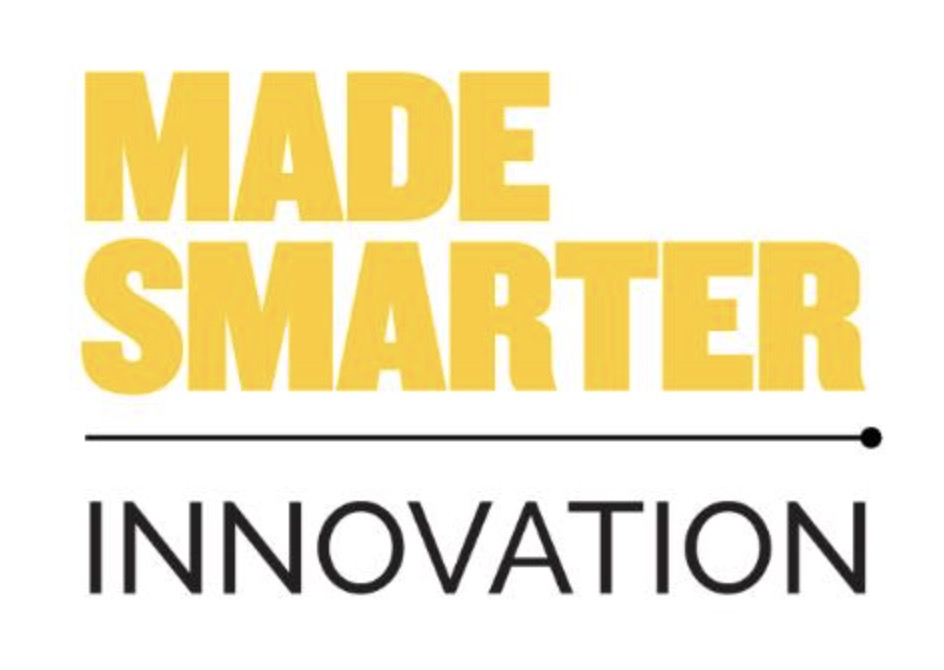Articles
Testbeds will transform the UK’s textiles and hydrogen supply chains
By Tim Lawerence, Director of the Digital Supply Chain Hub, Digital Catapult
The hydrogen and textiles sectors may not appear to have much in common, yet both require a rethink of their supply chain. Such transformation will secure a sustainable future for both, as each navigates an uncertain economic and commercial climate. The textiles industry has been tarred by broader criticism of fast-fashion’s environmental impact, while the hydrogen sector has been lauded for its potential to help other key economic sectors decarbonise. What’s similar for both sectors however is the struggle of solving supply chain inefficiencies and improving resilience.
Key to fixing these problems is access to industry testbeds and convening capabilities between industry players, academic institutions and technology providers. Doing so is critical to the development of new solutions that can address the supply chain challenges of both sectors. Digital Catapult’s innovation and accelerator programmes allow for solutions to be trialled on testbeds across the country, and a combination of consultancy and industry collaboration allows companies to validate their solution in a real-world environment, paving the way for long-term supply chain success.
The sectoral challenges necessitating new solutions
Both the hydrogen and textiles sectors face complex supply chain challenges, which negatively impacts the efficiency and competitiveness of each on a global scale. The textiles industry is a major contributor of waste and carbon emissions, accounting for 10% of global emissions, largely due to inefficient processes and a lack of circularity in supply chains. In fact, the fashion and textiles industry produces around 92 million tonnes of textile waste annually. The UK is the fourth largest producer of textile waste in Europe, generating 206,456 tonnes of textile waste each year. Deep tech innovation can provide the answers to address these complex challenges, considering circularity, sustainability and transparency.
The potential of hydrogen as a greener energy source is widely acknowledged, but its supply chain faces a "chicken-and-egg" situation. Suppliers are hesitant to invest without guaranteed demand, and customers are reluctant to commit without assurances of a stable supply. This, coupled with a lack of standardised data and transparency, has stalled progress and is proving to be a major stumbling block in unlocking the sector’s significant potential.
However, global demand for hydrogen is growing at a remarkable rate and could supply up to a fifth of global energy needs, generating a market worth US$2.5 trillion by 2050. Moreover, hydrogen could account for almost one-fifth of total final energy consumed by 2050, reducing annual CO2 emissions by roughly 6 gigatonnes. This clearly demonstrates the importance of new solutions that can ensure security, sustainability and stability, and testbeds will play a vital role in the commercialisation and scaling of promising new interventions.
Trialling new solutions on testbeds across the country
To solve the challenges facing the textiles and hydrogen industries, Digital Catapult is helping businesses in these sectors to meet their sustainability needs by embracing deep tech innovation, supporting research and development activities on pioneering innovation and accelerator programmes. The Digital Supply Chain Hub has four testbeds that play a vital role in developing and testing deep tech solutions for supply chain challenges, providing companies with the opportunity to trial new technologies without disrupting live operations. The testbeds are established in the textiles, hydrogen, food and automotive spares industries, with up to £1.5 million in co-investment available for each testbed. This enables companies across these sectors to experiment with innovation strategies in a simulated supply chain environment.
The textiles testbed led by Circle-8 Textile Ecosystems focuses on reducing environmental impact by implementing a circular supply chain model. This allows businesses to trial new solutions in an industrial environment, considering how to improve circularity and minimise textiles waste.
The hydrogen testbed, supported by Hydrologiq, addresses key early-stage market barriers for the burgeoning hydrogen sector, by providing real-time information and simulation tools to encourage investment and allow businesses in the sector to consider how they can secure supply and mitigate disruption. Both testbeds have proven to be of immense value to startups looking to scale their solutions with Digital Catapult’s support.
Solutions in development on the supply chain programme
During our most recent innovation programme, technology providers and industry leaders collaborated to consider new solutions that could be trialled on the testbeds and developed to solve complex market challenges. Madeby, for example, has developed a digital product passport to streamline data in the textiles supply chain in collaboration with QSA Partners. This intervention will help businesses improve transparency and demonstrate valid sustainability credentials to commercial partners and customers.
Looper, supported by New Look, has accelerated supply chain integration by enabling life-cycle-assessment solutions across products to generate insights in seconds. This will empower clothing retailers and other textiles businesses to make more informed and sustainable decisions, decarbonising their operations and supply chain. Additionally, Loadar's partnership with ShredStation has developed a solution that looks to optimise vehicle fill rates and improve logistics efficiency in recycled textiles, where 26% of vehicle miles are driven empty.
Hydrologiq’s hydrogen testbed has sought to enhance data sharing, standardisation, and visibility. Heuris Energy was granted access to hydrogen supply chain data to focus on the development of a solution to improve project finance and market modelling. Its tool simulates the adoption process of hydrogen energy, helping businesses across sectors to make informed decisions around hydrogen adoption and investment.
The impact of the work from the textiles and hydrogen testbeds highlights the transformative impact that the practical application and deployment of deep tech solutions can have for the sustainability of UK supply chains. By focusing on the circular economy, access to working capital, and the end-to-end visibility of supply chains, these testbeds prove their value by offering access to real-world data helping to drive the development of solutions for a more sustainable future, empowering businesses in the process.
To learn more about how our testbeds are transforming supply chains, connect with me on the Digital Supply Chain Hub here.




